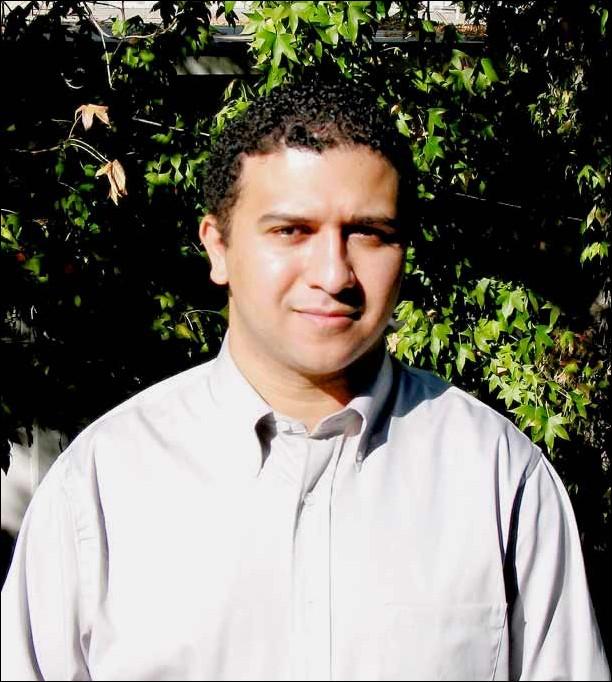Slate power limited by ASI
March 5, 2003
ASI passed a resolution that limits the power of the slate in ASI elections at Wednesday’s board meeting.
In the past, candidates could pool their campaign money and an entire slate was listed on every flier.
“How are you supposed to compete with 30,000 fliers,” said ASI Post-baccalaureate Director Mohamed Hamada. Candidates running independently have a great disadvantage.
The slate system disenfranchises people, said Faculty Senate Representative Sue Holl.
The resolution states that only one candidate’s name per promotional item will be allowed. Candidates will still be able to combine their individual spending limits.
Individual candidates for director positions may not spend over $200. Candidates for the president and three vice president positions may not exceed $300. Candidates are responsible for their own financial needs.
An Ad Hoc committee was set up in October to review the slate system and decide whether or not it should be amended.
The committee was made up of 11 people. At the time, there were three students unaffiliated with ASI on it. Lobby Corps Chair Nanette Farag was the committee chair.
Hamada and ASI Executive Vice President Luke Wood were the board members on the committee.
The committee was unbiased and came to a consensus based on what the student population wanted, Hamada said.
The Ad Hoc committee reviewed a poll taken by Lobby Corps on the slate system to better understand how the student population felt about it.
According to a poll conducted by Lobby Corps, 75 percent of students felt that the slate system was not fair. 73 percent said they would support action taken by ASI to correct the situation.
Twenty-one universities in the CSU system were polled about the slate system, and each of those schools held annual elections.
Humboldt, Long Beach and San Marcos were the only ones to use the slate system. Northridge said that it was not normally used. At the remaining universities, candidates ran on an individual basis unaffiliated with a slate.
According to the committee’s report, slates were deemed as giving candidates a huge financial advantage over individual candidates and that measures should be taken to correct the situation.
The committee preferred another resolution, but Hamada said that it was expected to fail due to overwhelming opposition.
Lobby Corps was charged with representing ASI candidates equally and maintaining a “sliding scale” in the alternate resolution.
The “sliding scale” prevents candidates from pooling their money, Hamada said. If two candidates decided to run together, then instead of using the full money allotted, they could use a smaller figure to ensure fairness.
Having success with the passed resolution was a surprise, due to the lack of excitement or interest about it, Hamada said. He viewed the 7 to 3 vote as a big success.
“People have been rejecting it before,” Hamada said. “They don’t want to change anything.”
All of the board members were elected through the slate system, Hamada said. There is a conflict of interest for them to vote against it, he said.
“At first I didn’t agree with it,” said Executive Vice President Luke Wood. “But that was primarily for personal reasons.”
Wood said he reluctantly agreed with the resolution.
ASI Vice President of Financial Affairs Peter Ucovich is not in favor of the legislation. He said it is a violation of the first amendment.
Slates are formed based on different people having the same ideologies, Ucovich said.
Getting more people involved with the slate system gives people in ASI a reason to go out and recruit students with similar ideals, Ucovich said.
“The slate system provides a benefit,” Ucovich said. “It provides them the means to get involved.”
“Teaching people how to navigate through an arbitrary system is not effective,” Ucovich said.
The slate system is based on the political party system that is used in America’s elections and should be used at Sac State, he said.
“People are basically using them (slates) as a financial advantage,” Hamada said. “People running independently don’t have a chance.”
Hamada said the resolution would even the playing field.
The resolution has the potential to be a problem, Ucovich said. It takes away incentive to run on a slate.
Too many different ideas could cause more split votes and the association itself to stall, Ucovich said.
Hamada, Wood and Ucovich have announced their intentions to run for the presidency in the upcoming ASI election later this spring.
“Money buys you promotion,” Hamada said. “I think it (the resolution) will help in some sense.”
Click





























































































































